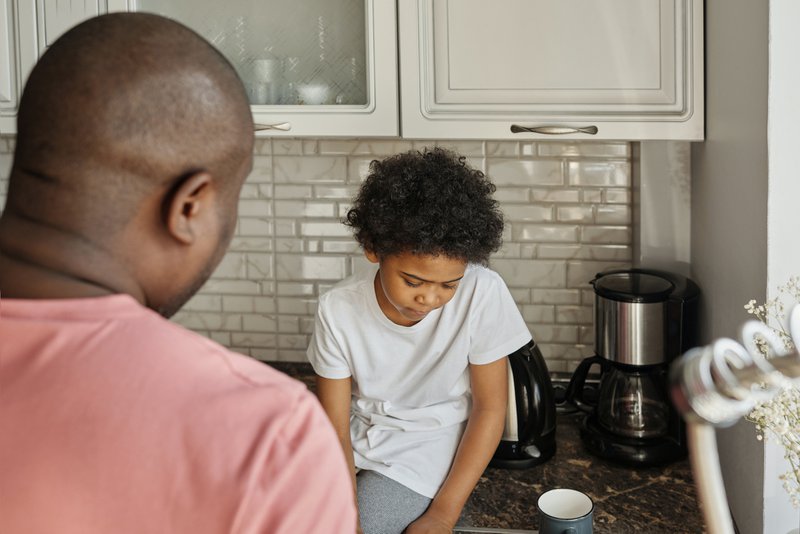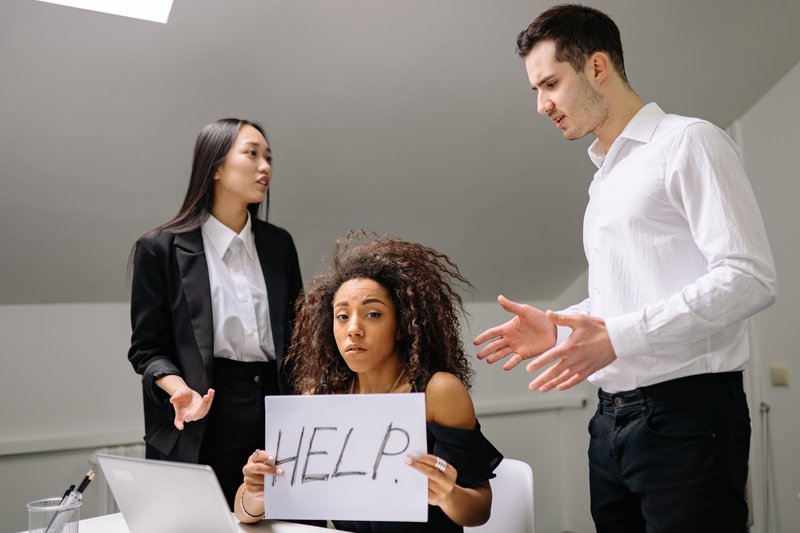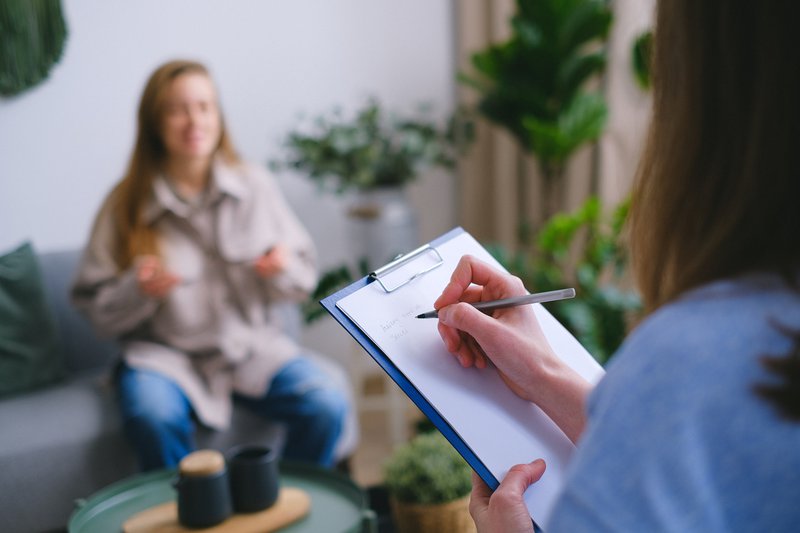A tough start to the New Year
Starting a new year is usually about optimism, but the latest wave of the pandemic has led to unprecedented pessimism. Everywhere I look, people are feeling totally overwhelmed. Many are starting to decompensate because of the unrelenting strain on their mental health brought about by isolation, deprivation, loss, fear, and uncertainty. For many people, the glass hasn’t been half-full for the longest time.
With each consecutive wave of the pandemic, our mental health has deteriorated further, to the point where it's now at an all-time low. Rates of anxiety, depression and addiction are skyrocketing. Gender-based violence has been more frequent and severe, according to a national study conducted in 2020. Children, adolescents, and young adults are in crisis. Everyone is at their breaking point.
The pandemic has brought the subject of mental health to the forefront. Millions of people are recognizing the toll COVID-19 has taken on their own mental well-being and that of their loved ones.

We’ve never prioritized mental health
From my perspective as a psychiatrist, mental health has never been taken seriously. Before the pandemic, mental health wasn’t a priority, in part, because of the stigma associated with addiction and mental disorders.
The prevention and treatment of mental illness have been grossly been underfunded compared to all other types of illness, whether in the private system or in publicly-funded health-care. Even so, according to a report by the Mental Health Commission of Canada, mental illness is the number one cause of disability here, making up around a third of all disability claims.
Insurance companies are notoriously reluctant to fund ongoing psychotherapy and even if people can afford it, it’s difficult to find an available therapist at the best of times. Now, when the pandemic is raging and people are desperately seeking help, the lack of resources has come into sharp perspective.
From my experience, the pandemic has brought about a raft of specific stress-related disorders, from malaise to adjustment disorders, all the way to full-blown Post-Traumatic Stress Disorder (PTSD). These conditions can have profound effects on a person’s ability to interact with others, whether in a personal or professional context.
Given the scarcity of mental health practitioners and the persistence of the pandemic, it’s going to be that much more difficult for people to recover from these conditions and to have positive, constructive relationships, moving forward.

Society is breaking down
I’m worried that if there are future waves and further restrictions imposed, our mental health will deteriorate even further. One of the things I fear is a breakdown of civilized society.
We’re already seeing signs of it today, with people becoming ruder and more hostile all over; they’re more irritable and impatient and much less understanding. Violent protests have broken out across Europe and here in North America. When mental health deteriorates, people tend to regress psychologically, becoming more selfish, insensitive, intolerant, and aggressive.
The longer the pandemic goes on, the more we risk the vicious circle of trauma causing us to be more selfish and combative, and this type of behaviour, in turn, generates that much more trauma. To avoid a total breakdown of society, we need to start leading with compassion.
We have to get back to looking out for one-another. We’re all at our most vulnerable these days and we need more kindness and gentleness, not more anger and abuse. We have to begin caring about one another before we risk chaos taking over.
Lately, caring seems to be in short supply. A colleague of mine was recently bemoaning the lack of a conscience in so many of the people she knows. She said that most of them were going out and interacting with other people, even when they had come down with flu-like symptoms; even when they hadn’t been tested and didn’t know if they had a cold, or COVID.

We need to attend to our mental health
We all need to grow a conscience and to start being goodhearted and solicitous toward one-another. In order to do this, the first thing that has to happen is for us to take care of our mental health. It will be near-impossible to be the kindest, most loving versions of ourselves if we’re struggling with depression, panic, substance use, or PTSD.
This is the time for more empathy. When everyone is suffering so much, we need to be more sensitive to everyone’s plight. Unfortunately, chronic stress and mental strain can make us numb and disinterested; cold and callous, and devoid of scruples. And now, as we go into another series of restrictions, the mental strain is only going to increase.
Whether the pandemic ends sooner or later, we can decide now to make mental health a priority. After all, it’s not just the long-term effects of COVID that we need to be concerned about when the pandemic is over—it’s the long-term effects of PTSD, loneliness, and all the other mental health conditions we’ve been suffering from over the past two years.
So, how can people heal and recover in 2022? We all need to recognize the importance of our mental health and pursue the care we deserve. Whether it’s counseling, coaching or psychotherapy, rehabilitation, or medication, we can pursue the appropriate treatment, right now.
It's time to see the stigma around mental health as an old, tired trope. No-one feels shame when they have problems with their physical health, so we need to stop shaming each-other for having problems with our mental health.
If not, we risk a breakdown of society in which selfishness, insensitivity, and intolerance become the norm and it becomes increasingly rare to find the kindness, compassion, and consideration that we all need so much.

We don’t want to be the walking wounded
As we emerge from the pandemic, we don't want to be labeled as the walking wounded. We want to be resilient, vibrant individuals who’ve weathered the storm and who feel connected to our communities. Smartening up about our mental health means taking charge and getting the help we need so we can stop being overwhelmed by malaise, numbness, and despair.
The way to do this is to prioritize mental health on a personal, community, and government level. People need to see how their own mental health affects the well-being of others and vice versa.
We can disagree with one-another, without attacking one-another.
People should call each other out when they read or hear things that are not factual, but they should never attack each other as individuals when they disagree.
As we come out of the pandemic, it's important to reach out to others and offer empathy and support. These kind gestures could improve someone's mental health when they’re hurting.
Sooner or later, we'll all need help and when everyone is paying it forward, our communities will be there to support us in our time of need. Taking care of individual mental health is the way our society as a whole can heal and everyone can begin to thrive in the long-term.
______
Sign up here for my free biweekly wellness newsletter that brings you fresh, thought-provoking content.
Subscribe to my YouTube Channel where you’ll learn simple tips for taking the best care of yourself and your loved ones.
Tune in to my Ruthless Compassion Podcast where I go in-depth about topics like mental health, trauma, and loneliness.



